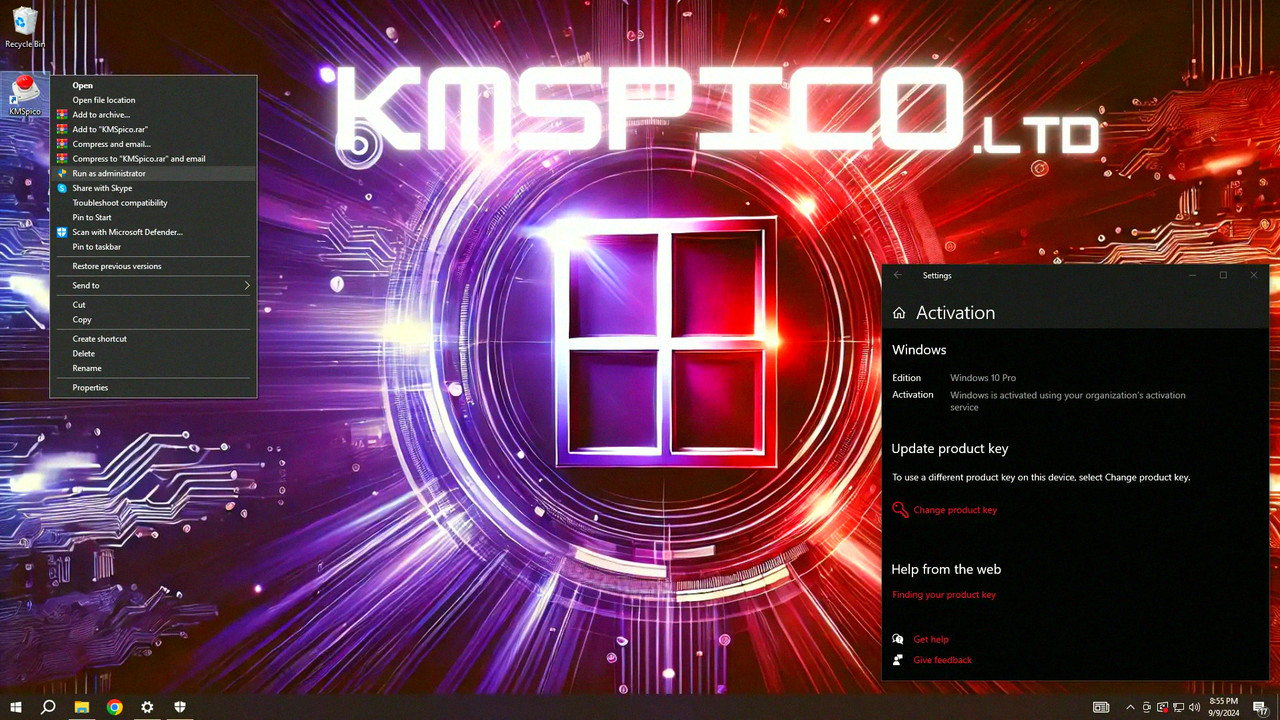KMSpico is a well-known software application used to activate Windows operating systems and Microsoft Office products without the need for an authentic product key. While it has gained popularity for its ability to provide users with free access to premium software, its use raises significant legal and ethical concerns. This article explores what KMpicSo is, its legality, and the broader implications of using such tools.
What is KMSpico?
KMSpico is an activation tool that utilizes Key Management Service (KMS) technology, which Microsoft employs to facilitate the bulk activation of Windows and Office products for organizations with volume licensing agreements. KMSpico mimics this legitimate process by tricking the system into believing that the software is activated through a valid KMS server. This allows users to bypass the need for a valid license key and gain access to the full features of Microsoft products.
Is KMSpico Legal?
From a legal standpoint, KMSpico is considered piracy software. Unauthorized use of KMSpico violates Microsoft’s End User License Agreement (EULA) and copyright laws in most countries. Here’s why:
- Violation of Licensing Terms: Microsoft requires users to purchase a valid license for its products. Activating software through KMSpico circumvents this requirement, effectively depriving Microsoft of its rightful revenue.
- Copyright Infringement: Using KMSpico to activate Microsoft products constitutes a breach of copyright law. Copyright protects intellectual property, and unauthorized use or distribution of such property is considered illegal.
- Distribution of Illegal Software: Distributing KMSpico is also illegal, as it facilitates copyright infringement by others. Developers and distributors of such tools can face legal action, including fines and imprisonment.
Risks Associated with KMSpico
Beyond legal issues, using KMSpico poses several risks to users:
- Security Threats: KMSpico is often distributed through unofficial channels, making it a potential vector for malware, ransomware, and spyware. Downloading and installing the tool can compromise personal data and system security.
- Unreliable Updates: Software activated through KMSpico may not receive critical updates from Microsoft, leaving systems vulnerable to security breaches and bugs.
- Ethical Concerns: Using KMSpico denies developers and companies fair compensation for their work. This undermines the software industry and discourages innovation.
Alternatives to KMSpico
Instead of resorting to tools like KMSpico, consider these legitimate options:
- Purchase Genuine Licenses: Microsoft offers various licensing options, including discounted rates for students, educators, and non-profit organizations.
- Use Free Alternatives: For users who cannot afford Microsoft products, free alternatives like LibreOffice or Google Workspace provide comparable functionality without legal or ethical concerns.
- Trial Versions: Microsoft provides trial versions of its software, allowing users to explore the features before making a purchase decision.
Conclusion
While KMSpico may seem like a convenient solution for accessing premium Microsoft products for free, its use comes with significant legal, ethical, and security risks. Engaging in software piracy undermines intellectual property rights, exposes users to potential cyber threats, and erodes trust in the digital ecosystem. To promote a fair and secure digital environment, individuals and organizations should prioritize legitimate software acquisition methods. By doing so, they not only support the creators behind the software but also protect themselves from the myriad risks associated with piracy tools like KMSpico.
Stay in touch to get more news & updates on Gossips!




